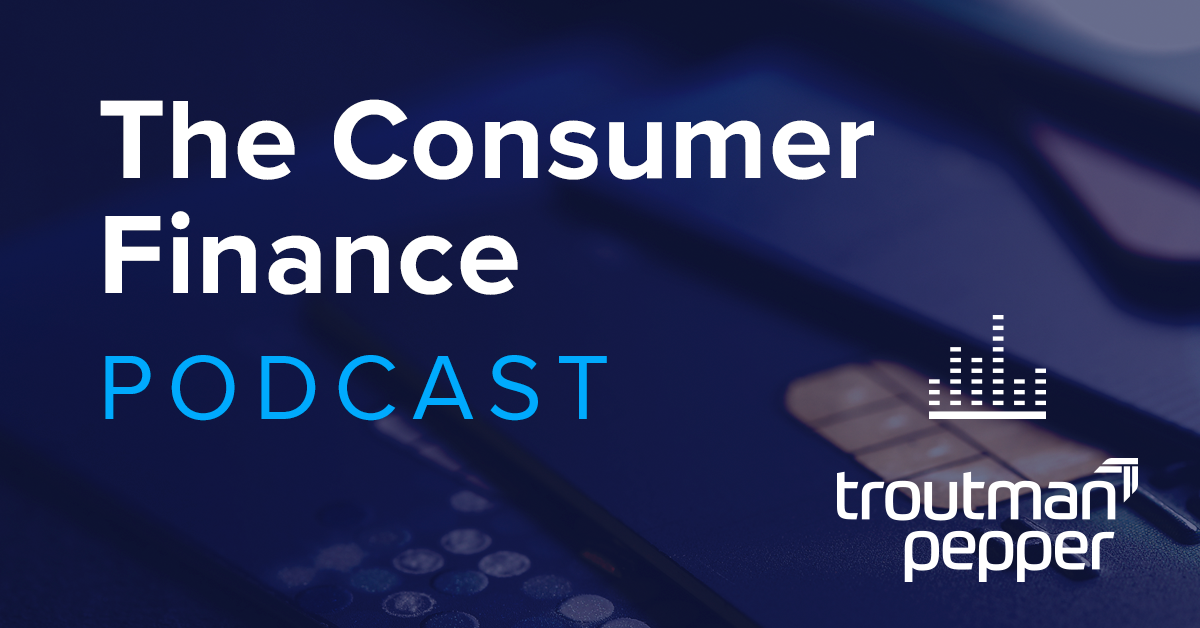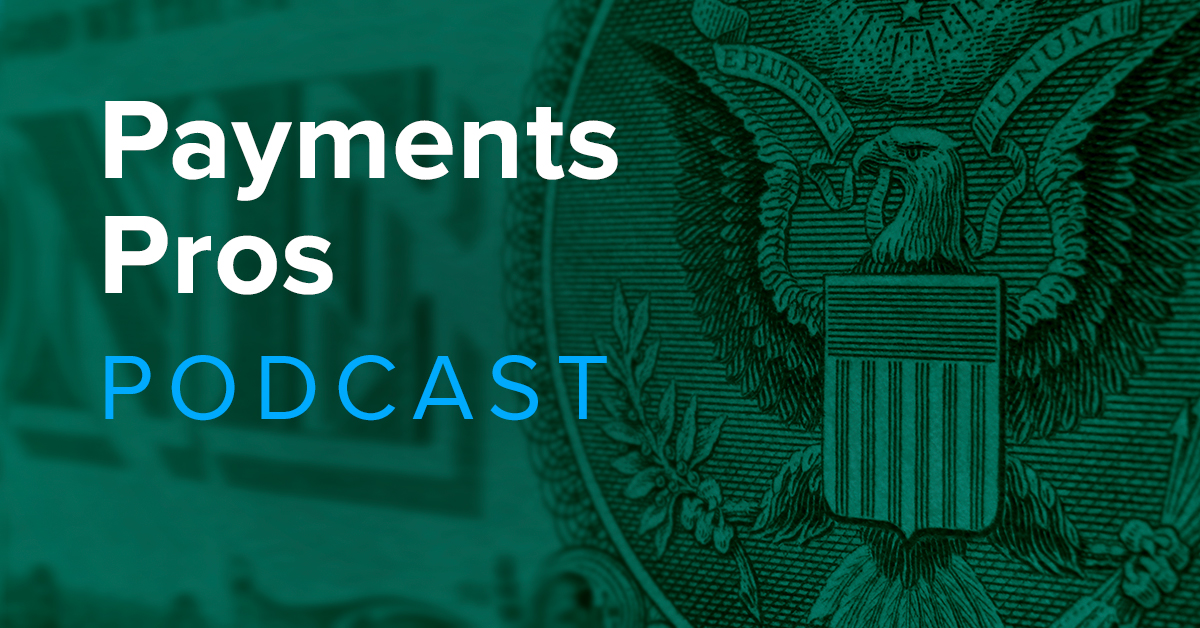On April 5, the U.S. Court of Appeals for the Fifth Circuit issued an order effectively reversing the district court’s decision to transfer the lawsuit challenging the Consumer Financial Protection Bureau’s (CFPB or Bureau) credit card late fee rule from the Northern District of Texas to the District Court for the District of Columbia (D.D.C), finding that the Texas district court lacked jurisdiction to issue its order because the plaintiffs’ appeal of the effective denial of their motion for preliminary injunction was already pending before the appellate court.








